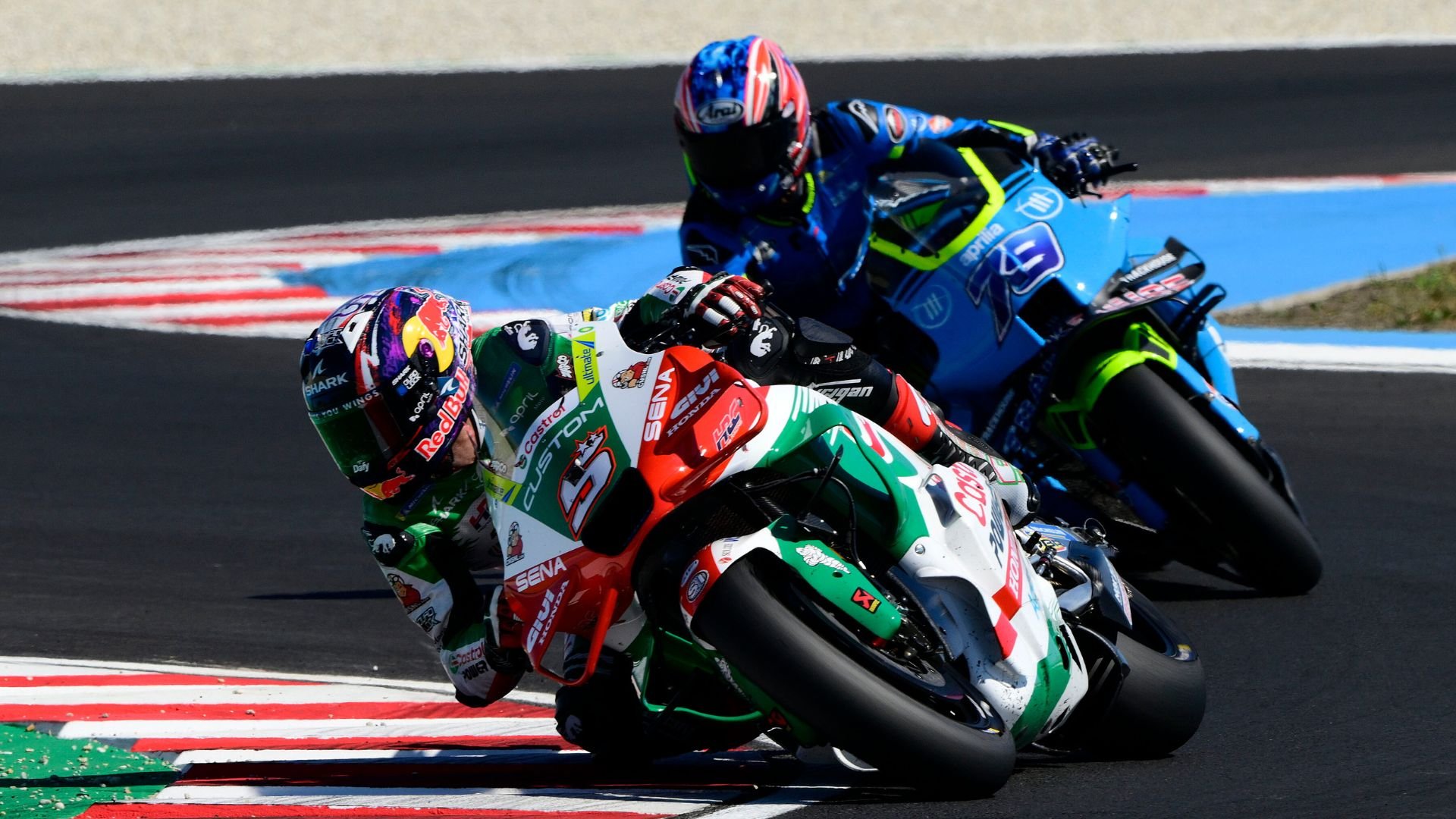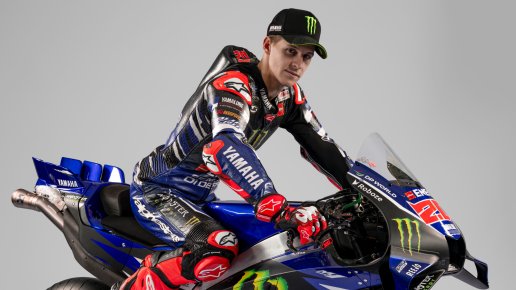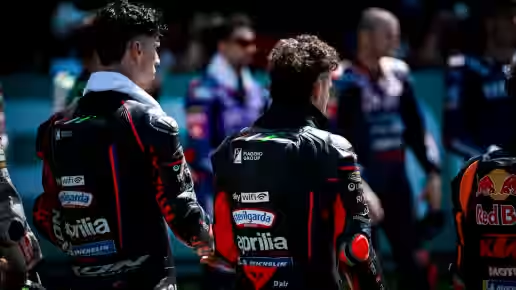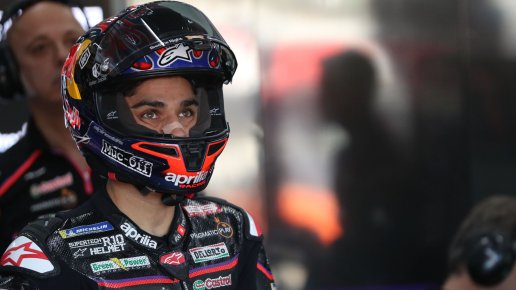
Photo: Gold & Goose / Red Bull Content Pool
Dorna rejects MotoGP rule change that could have changed the sport

Dorna Sports has decided not to move forward with a proposal that would have given factory and satellite teams the same status in MotoGP. The change could have reshaped the sport by creating equal conditions for all, but the organisers chose stability over revolution after weeks of discussion.
F1 & MotoGP news to your inbox every day.
Dorna Sports, the MotoGP organiser, have rejected a proposal that many people have believed would completely change the way MotoGP works. The idea was to give factory teams and satellite teams exactly the same status, making them equal in every way. Supporters of the plan argued that it would level the difference on the grid and make the competition fairer, while critics warned that it could upset the balance of power that has defined MotoGP for decades. After weeks of discussion, Dorna has decided not to move forward with the idea.
The rule would have made a big change for the sport. At the moment, factory teams such as Ducati, Yamaha and Honda enjoy a clear advantage, because they are directly run by the manufacturers. These teams usually have access to the newest parts, the best engineers and much larger budgets. Satellite teams, on the other hand, are smaller independent teams that rely on leased bikes and limited technical support. They can still achieve great results, but they rarely receive updates as quickly as the factory teams. The rejected rule would have removed this gap and allowed every team to operate on the same terms.
Dorna has not explained its decision, but several possible reasons stand out. One factor is money. Factory teams spend huge amounts on research and development, and they might feel that giving satellite teams identical bikes would take away the rewards of their investment. Another factor is tradition. MotoGP has always had a clear separation between factories and satellites, and removing that gap would change the character of the championship. Finally, politics also play a role. The decision comes at a time when Dorna is still negotiating commercial agreements with all the teams. Issues such as revenue sharing and grid access remain hard to discuss, and introducing a rule that would change the entire structure might have made the talks even more difficult.
By rejecting the proposal, Dorna has confirmed that the current structure will stay in place for the future. Factory riders will continue to enjoy the benefits of the latest upgrades and the most advanced development programmes, while satellite riders will still face the challenge of competing with slightly older or less refined machinery. This keeps the balance of power in the hands of the manufacturers, who are likely to welcome the decision, while satellite teams may feel frustrated by the missed opportunity to compete on equal terms.
Even though this particular change will not happen, MotoGP is still heading towards a very different future. For 2027, new technical rules will be introduced. The engine size will be reduced from 1000cc to 850cc, a move that is aimed at improving safety and controlling speeds. Aerodynamic devices such as ride-height systems will be banned, in an effort to bring racing back to the skills of the riders rather than engineering tricks. All bikes will be required to run on sustainable fuels, showing the sport’s commitment to the environment. On top of that, GPS data will be shared across all teams, which should improve transparency and make the competition safer for everyone.
The rejection raises a question about the future. Satellite teams have shown in recent years that they can win races and even fight for championships, but they often do so with fewer resources and less support. Some fans argue that it makes their victories even more impressive, while others believe it is unfair and discourages rookies from breaking through. So the debate about fairness and competition is unlikely to disappear any time soon.
In short, Dorna has chosen stability over revolution. This decision keeps the traditional balance between factory and satellite teams intact, but it also leaves open the possibility of further arguments in the future. As the sport moves toward its new technical era in 2027, the tension between equality and tradition is likely to remain in MotoGP politics.







